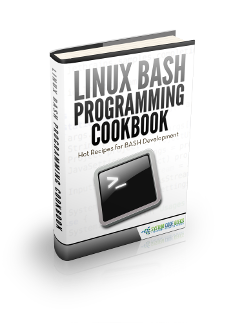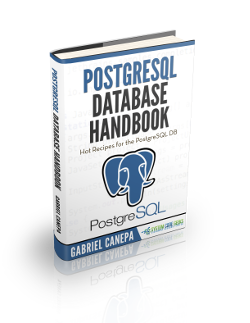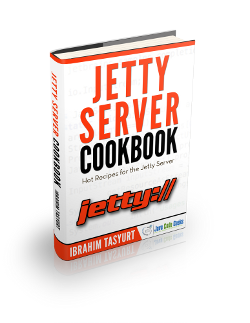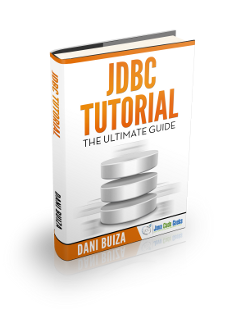
Bash is a Unix shell and command language written by Brian Fox for the GNU Project as a free software replacement for the Bourne shell. First released in 1989, it has been distributed widely as it is a default shell on the major Linux distributions and OS X. Bash is a command processor that typically runs in a text window, where the user types commands that cause actions. Bash can also read commands from a file, called a script. Like all Unix shells, it supports filename globbing (wildcard matching), piping, here documents, command substitution, variables and control structures for condition-testing and iteration. The keywords, syntax and other basic features of the language were all copied from sh. Other features, e.g., history, were copied from csh and ksh. Bash is a POSIX shell, but with a number of extensions. In this ebook, we provide a compilation of BASH programming examples that will help you kick-start your own projects. We cover a wide range of topics, from user management and permissions setting, to specific commands like sed, tar, etc.
 |
| |
|

PostgreSQL, often simply Postgres, is an object-relational database management system (ORDBMS) with an emphasis on extensibility and standards-compliance. As a database server, its primary function is to store data securely, and to allow for retrieval at the request of other software applications. It can handle workloads ranging from small single-machine applications to large Internet-facing applications with many concurrent users. PostgreSQL is developed by the PostgreSQL Global Development Group, a diverse group of many companies and individual contributors. It is free and open-source software, released under the terms of the PostgreSQL License, a permissive free-software license. In this ebook, we provide a compilation of PostgreSQL tutorials that will help you set up and run your own database management system. We cover a wide range of topics, from installation and configuration, to custom commands and datatypes. With our straightforward tutorials, you will be able to get your own projects up and running in minimum time.
 |
| |
|

Jetty is a Java HTTP (Web) server and Java Servlet container. While Web Servers are usually associated with serving documents to people, Jetty is now often used for machine to machine communications, usually within larger software frameworks. Jetty is developed as a free and open source project as part of the Eclipse Foundation. The web server is used in products such as Apache ActiveMQ, Alfresco, Apache Geronimo, Apache Maven, Apache Spark, Google App Engine, Eclipse, FUSE, iDempiere, Twitter’s Streaming API and Zimbra. Jetty is also the server in open source projects such as Lift, Eucalyptus, Red5, Hadoop and I2P. Jetty supports the latest Java Servlet API (with JSP support) as well as protocols HTTP/2 and WebSocket. In this ebook, we provide a compilation of Jetty examples that will help you kick-start your own projects. We cover a wide range of topics, from installation and configuration, to JMX and OSGi. With our straightforward tutorials, you will be able to get your own projects up and running in minimum time.
 |
| |
|

This tutorial is about JDBC (Java Database Connectivity), an API provided by Oracle that allows programmers to handle different databases from Java applications: it allows developers to establish connections to databases, defines how a specific client can access a given database, provides mechanisms for reading, inserting, updating and deleting entries of data in a database and takes care of transactions composed of different SQL statements. In this article we will explain the main JDBC components like Statements, Result Sets or Stored Procedures. JDBC needs drivers for the different databases that programmers may want to work with; we will explain this in detail and we will provide some examples. JDBC comes together with Java since the beginning of times; the first release came with the JDK 1.1 on February 1997 and since then, JDBC has been an important part of Java. The main packages where JDBC is contained are Package java.sql and Package javax.sql. All the information about the last JDBC release (4.2) and its development and maintenance can be found in the JSR 221.
 |
|
|